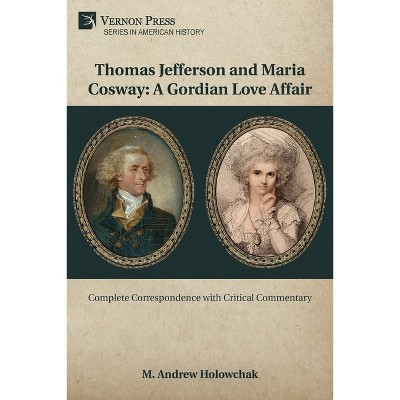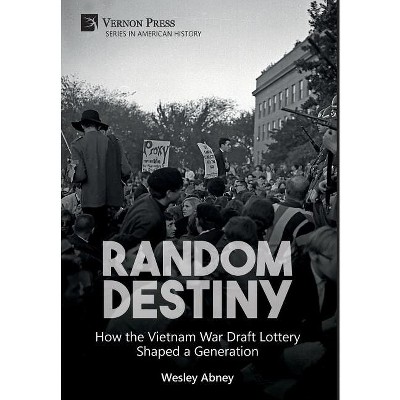Sponsored

Directing the Play - (Performing Arts) by Tekena Gasper Mark (Hardcover)
In Stock
Sponsored
About this item
Highlights
- Numerous books have been written on the art of directing from the classical to contemporary times.
- Author(s): Tekena Gasper Mark
- 158 Pages
- Performing Arts, Theater
- Series Name: Performing Arts
Description
Book Synopsis
Numerous books have been written on the art of directing from the classical to contemporary times. Many of these works have concentrated on different facets of the discipline of directing such as the definition, history, and development of directing, as well as the qualities, functions, and types of directors. However, areas of directing that have not received much scholarly attention include works that serve as manuals for budding directors and studies that reflect the theory and practice of directing in Africa, especially from Nigerian theatre practitioners.
While studies on directing, such as Wainstein's 'Stage Directing: A Director's Itinerary' (2012), Dean and Carra's 'Fundamentals of Play Directing' (2009), and Johnson's 'Visions Towards a Mission: The Art of Interpretative Directing' (2003), provide general insights on the art of directing plays, Emasealu's 'The Theatre of Ola Rotimi: Production and Performance Dynamics' (2010) and Uwatt's 'Playwriting and Directing in Nigeria: Interviews with Ola Rotimi' (2004), document the directorial practice of the Nigerian director, Ola Rotimi. Aside from documenting the directing techniques of key Western directors, this book's advantage over existing works is that it documents the directorial styles of Ola Rotimi and other West African directors, as well as the directorial techniques of directors from South, North, and East Africa. It also traces the evolution of the theatre stage, examines the directorial implications of the arena, proscenium, thrust, traverse and African traditional theatre stage orientations, and engages the notions of blocking, movement, directorial concept and directorial approach.
In particular, this book aspires to contribute to the discourse on play directing with perspectives from African theatre. It also fills gaps in previous studies by delving into the notions of theatre and directing, the director's history, qualities, and tools. It examines types of directors, functions of the director, directing principles, and key Western and African theories of performance. It also evaluates the history of the theatre stage, the characteristics, benefits and drawbacks, and directorial implications of the arena stage, proscenium stage, thrust stage, traverse stage, African traditional theatre stage, the use of blocking, movement, and the meaning of directorial concept and directorial approach.
Review Quotes
Dr. Mark's 'Directing the Play' offers both historical and practical insight into the subject of directing. The author traces the history of directing and presents canonized voices on directing within Western and non-Western literary traditions from theoretical exploration to practical application. The book gives a broad base and a holistic understanding of directing across different theatre stages. I appreciate the author's diversity of generations, geographies, and genders in the case study and the book's relevance in professional theatre, community-based or socially engaged theatre, and other performing arts where directing is considered important. This robust approach shows a well-researched work. The book offers students, directors, artists, theoreticians and teachers tools, techniques and discourses in the art and craft of directing.
Dr. Taiwo Afolabi
University of Regina, Canada
With a robust live theatre practice as well as a film industry that holds a pride of place in the world, one wonders why the art of directing continues to be relatively under-researched. This is why this effort by Tekena Gasper Mark deserves serious commendation. 'Directing the Play', is highly recommended for using very simple and discursive language in presenting positions. Directing, often considered an elitist art, has been demystified through the style of presentation of this book. From discussing what constitutes the director's roles and tools to the qualities of a good director, Mark dissects issues with a touch of class and erudition. This book, well-researched and written, is a fitting addition to the corpus of literature on directing, not only on the Nigerian stage but in the world generally.
Prof. Alex C. Asigbo
Nnamdi Azikiwe University, Awka, Nigeria
Shipping details
Return details
Trending Non-Fiction













![Left or Right? Directing Lateral Movement in Film [B&W] - (Cinema and Culture) by Lubomir Kocka](https://target.scene7.com/is/image/Target/GUEST_01160e82-ebb0-45ff-aa8d-646884e2eb17)




